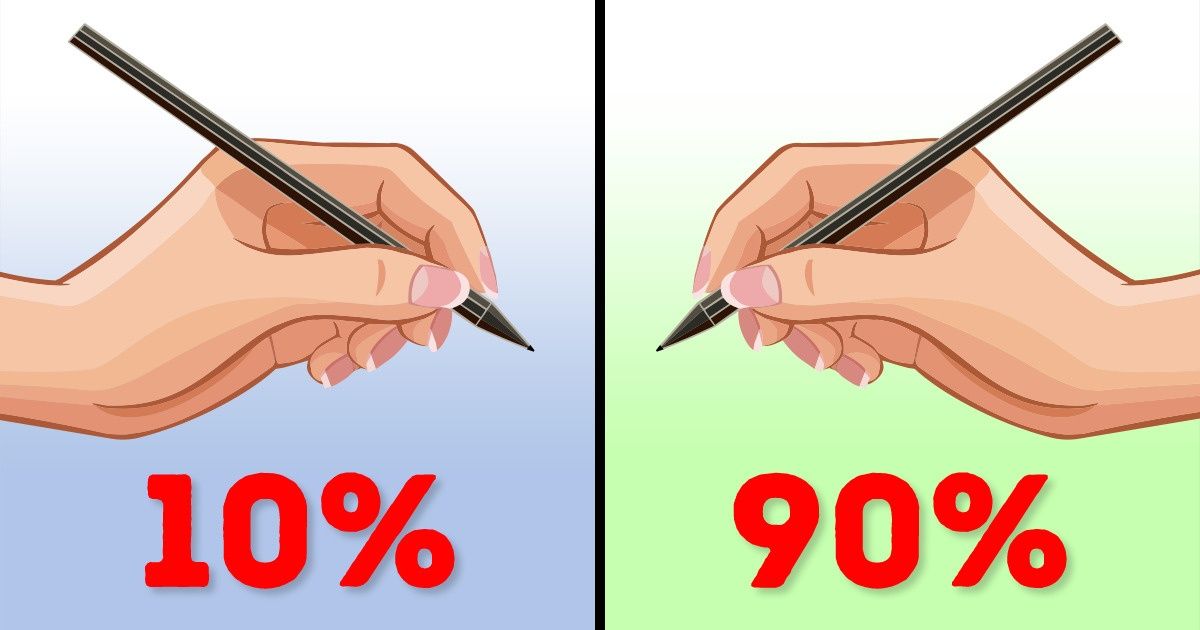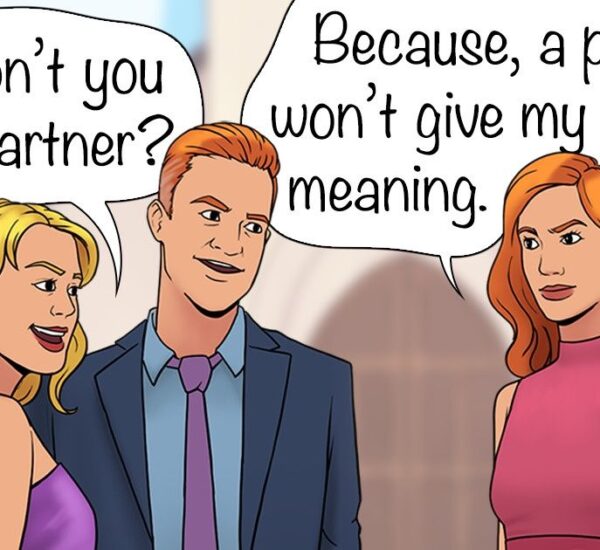Most of us have gotten into situations where our words came out wrong, different from what was originally intended. This article provides advice on what phrases to avoid so that your words are never interpreted as harsh or unprofessional.
Even the most unpleasant situation can be turned in your favor with the right choice of words. We want to help you avoid misunderstandings and other awkward situations. I hope you find this helpful.
“I’m Such A Big Fan.”

Saying that you’re a big fan of someone, particularly a celebrity, can make you sound a bit naive. It feels like you’re idolizing a person, putting them on a pedestal, when they’re just a human like everyone else.
“You Guys…”
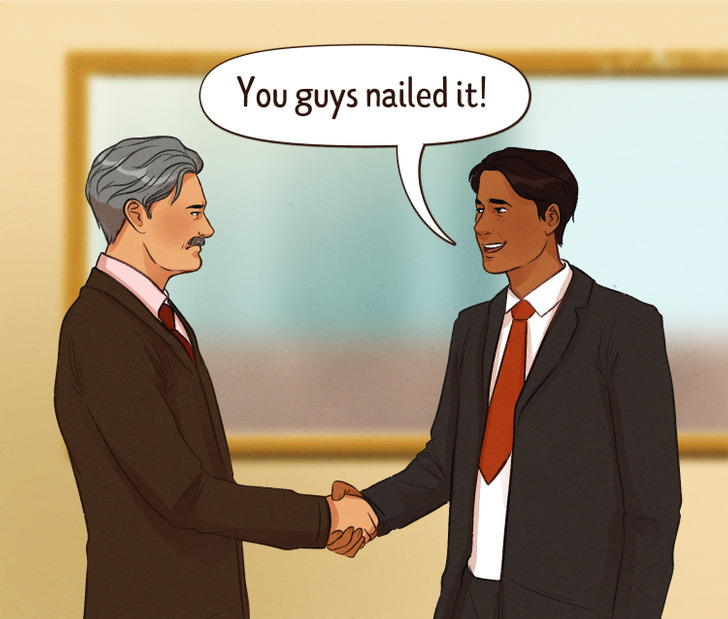
This phrase sounds too casual for a work environment and other situations where formality is required. For many companies, it’s important to maintain boundaries between professional workers, so it’s best to refer to co-workers as “team” or “colleagues.”
“As A Matter Of Fact…”
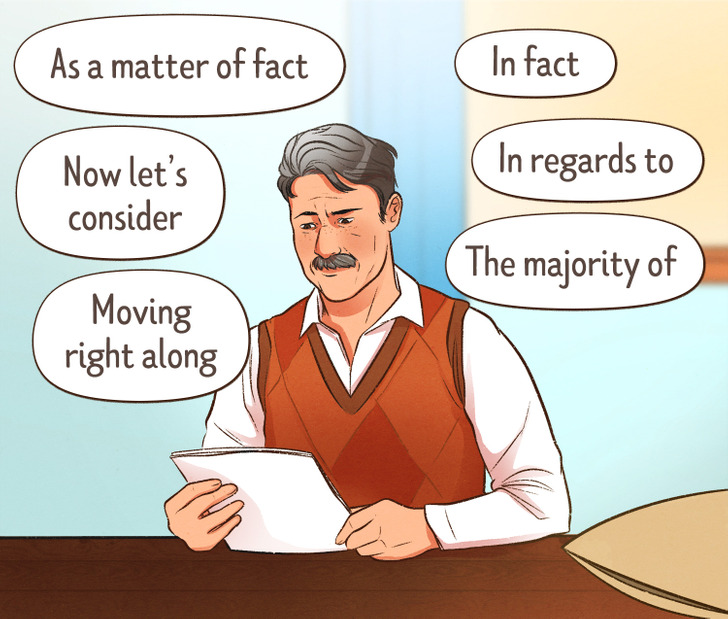
More complicated words or longer sentences have a simpler synonym that is used more often. For example, “as a matter of fact” can be replaced with “actually,” and the replacement sounds much better in writing since using a filler or complicated words will make your point less clear.
Either way, using big words will make you lose credibility in the eyes of your readers instead of appearing smart.
“This Might Be A Silly Question, But…”
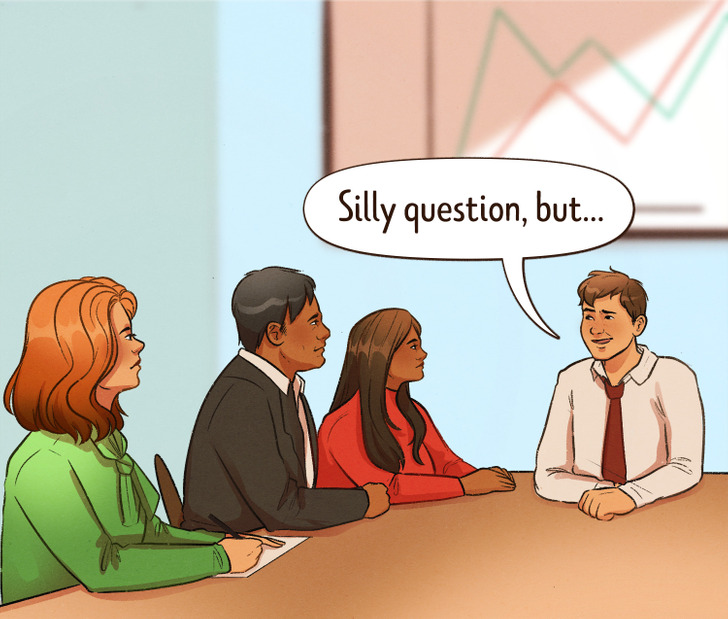
Self-proclaiming your own lack of knowledge ultimately doesn’t help you look better in the eyes of others; On the contrary, you may seem like a person who lacks confidence.
We are all people with different experiences, so it’s okay not to know something and ask a question about it; after all, that’s how you get more knowledge. So instead just go to the question.
“That’s Not My Job.”
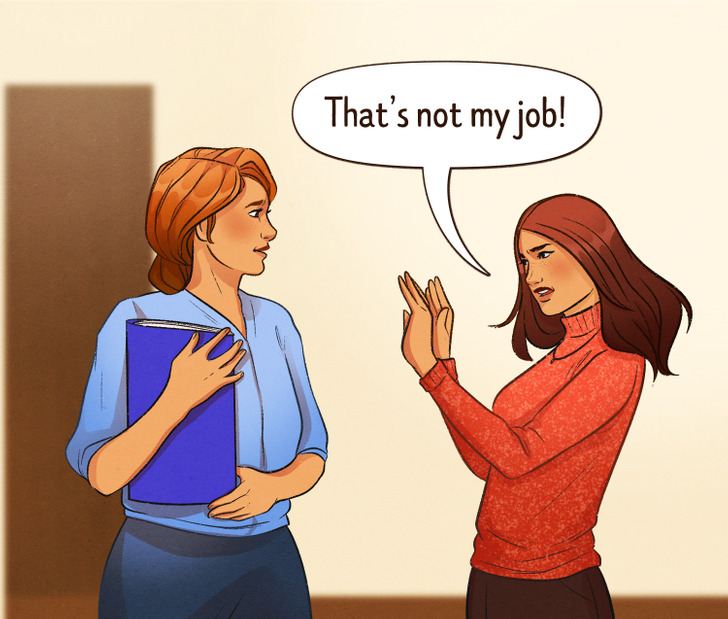
If you can do something but refuse because it doesn’t match your job description, you could miss out on a potential promotion. We’re not saying let people take advantage of your skills without getting paid, but performing tasks outside of your job description can help you negotiate a promotion with your boss, showing great results, or it can help you take on more responsibility while removing the ones you don’t particularly like doing.
“Oops” Or “my Bad”
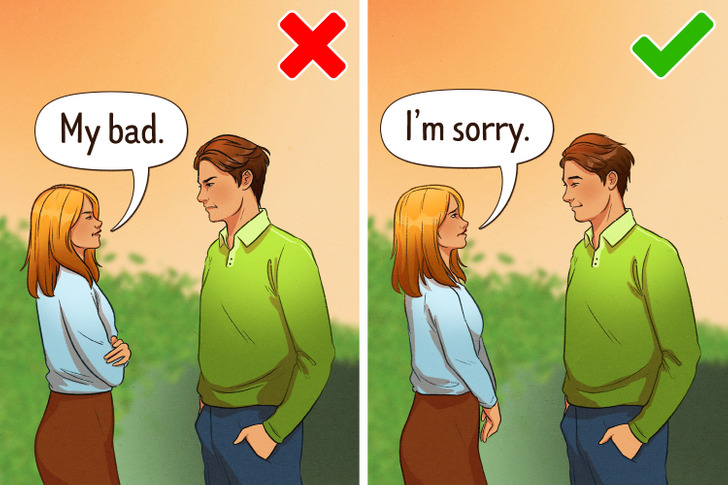
If you’re guilty of something, it’s best to apologize directly to the person and say “I’m sorry.” In cases where you say “oops” or “my mistake,” it can seem like you’re not genuine with your apology.
In fact, it comes across as you not being able to take responsibility for your actions, even if you didn’t mean it like that.
What phrases did you use that made people raise an eyebrow? Do you think that the use of informal language blurs professional boundaries?
